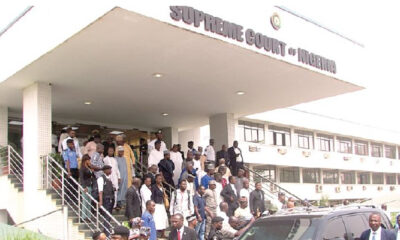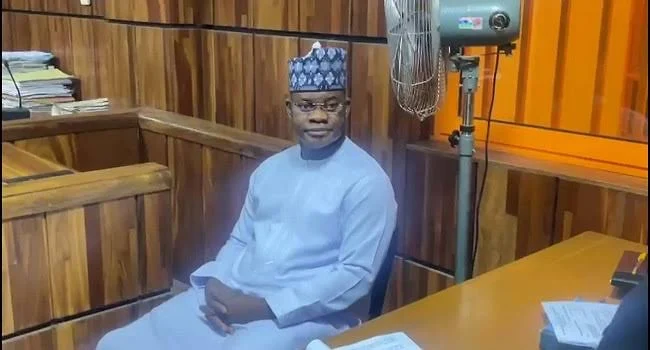The Federal Government has again increased the electricity tariff payable by power consumers across the country.
Approval for the hike in tariff was given by the Nigerian Electricity Regulatory Commission, as the increase which varies, based on different consumer classes, took effect from January 1, 2021.
A few hours after the news of the tariff hike broke, the NERC issued a statement, denying a 50 percent hike as had been reported in some circles.
The regulatory agency blamed N2 to N4 adjustment in tariff on inflation and movement in foreign exchange rates.
However, the Trade Union Congress issued a stern warning, asking the Federal Government to revert to the old electricity tariff or face the consequences of its action.
The NERC had announced the tariff hike in its December 2020 minor review of the Multi-Year Tariff Order and Minimum Remittance Order obtained by our correspondent in Abuja on Tuesday.
The tariff increase is taking effect just two months after the government through NERC implemented a hike in November 2020, which saw widespread opposition.
The MYTO order containing the latest tariff hike, Order NERC/225/2020, was signed by the new Chairman of NERC, Sanusi Garba, and it supersedes the previous Order NERC/2028/2020.
Providing reasons for the latest tariff hike, the commission said it considered the 14.9 percent inflation rate rise in November 2020 and foreign exchange of N379.4/$1 as of December 29, 2020.
Others were available generation capacity, the United States inflation rate of 1.22 percent, and the Capital Expenditure of the power firms before the tariff was raised.
The commission also stated that the new tariff would be effective till June 2021 while a Cost Reflective Tariff would be activated from July to December 2021.
The commission had stated last month that it was carrying out a review for another tariff, hence the latest order announcing an increase in the rates payable by consumers.
In September last year, the commission raised the electricity tariff but this faced stiff opposition from the organized labour, as the unions threatened to embark on a nationwide strike.
After a series of negotiations, the tariff was reduced based on consumer classes and the hours of power supply received by an electricity user.
On November 1, 2020, power distribution companies commenced the implementation of the revised electricity tariff that was jointly agreed upon by organized labour and the Federal Government.
Findings showed that in the latest MYTO review, some power users would pay as much as N12 extra as electricity tariff.
Ibadan Disco, for instance, had an end-user allowed tariff of N34.1 per kilowatt-hour in 2020, but this was increased to N46.5 for the period of January to June 2021.
It was further hiked to N57.1/kWh for July to December 2021, meaning that Ibadan Disco is allowed to collect this much from customers under its franchise areas

 BIG STORY1 day ago
BIG STORY1 day ago
 BIG STORY3 days ago
BIG STORY3 days ago
 BIG STORY4 days ago
BIG STORY4 days ago
 BIG STORY3 days ago
BIG STORY3 days ago
 BIG STORY2 days ago
BIG STORY2 days ago
 BIG STORY2 days ago
BIG STORY2 days ago
 BIG STORY21 hours ago
BIG STORY21 hours ago
 BIG STORY3 days ago
BIG STORY3 days ago
























